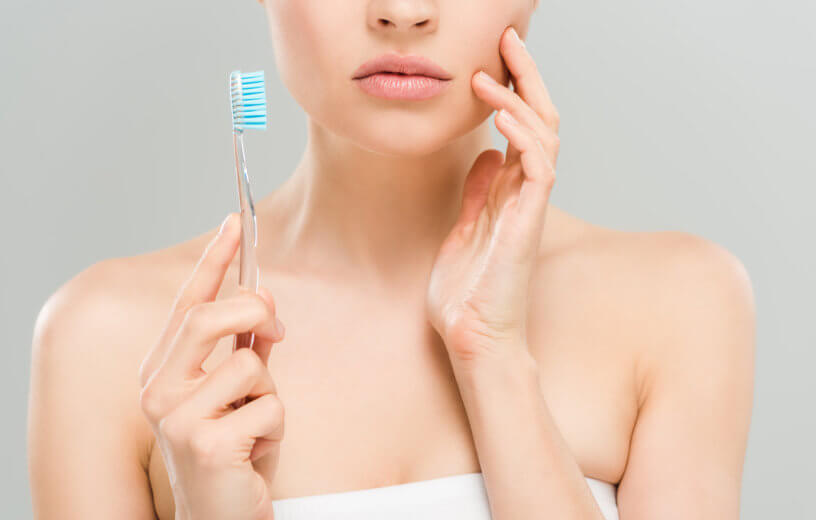LONDON — Professional and Olympic athletes are typically considered the cream of the crop from a physical perspective, but it turns out there’s one area of the body that they struggle to keep in healthy condition. An interesting new study conducted at University College London (UCL) finds that elite athletes experience high rates of oral disease — despite the fact that they brush their teeth more often than most people.
Researchers with UCL’s Eastman Dental Institute surveyed 352 Olympic and professional athletes on their dental hygiene habits. Participating athletes came from a number of sports, such as swimming, rugby, football, rowing, cycling, hockey, and sailing. Each athlete was also provided with a free dental check-up that measured tooth decay, gum health, and acid erosion.
The check-ups revealed that 49.1% of the participants had untreated tooth decay, and a majority had early signs of gum inflammation. Another 32% admitted that their oral health had already negatively impacted their training and performance.
Surprisingly, despite these less than ideal dental findings, the elite athletes surveyed in the study seem to be taking better care of their teeth than most people. The study showed that 94% of the athletes said they brush their teeth at least twice a day, and 44% said they regularly floss. For reference, according to previous research, only 75% of the general British public brush twice daily and only 21% floss regularly.
So, why are elite athletes dealing with such poor oral health? Researchers believe the answer lies in how they are maintaining their training and performance. A significant 87% of those surveyed said they regularly drink sports beverages. Another 59% said they regularly eat energy bars, and 70% said they often use energy gels. All of these products give athletes a boost of energy and help replenish lost electrolytes, but they also damage teeth.
“We found that a majority of the athletes in our survey already have good oral health-related habits in as much as they brush their teeth twice a day, visit the dentist regularly, don’t smoke and have a healthy general diet,” says lead researcher Dr. Julie Gallagher of the UCL Eastman Dental Institute Centre for Oral Health and Performance in a media release. “However, they use sports drinks, energy gels and bars frequently during training and competition; the sugar in these products increases the risk of tooth decay and the acidity of them increases the risk of erosion. This could be contributing to the high levels of tooth decay and acid erosion we saw during the dental check-ups.”
Besides energy drinks and supplements, previous research has also found that athletes may deal with oral issues more often due to dry mouth brought on by intense and frequent training sessions.
On the bright side, researchers say that most athletes studied for the study expressed a desire to change their oral hygiene habits and improve their overall oral health.
“Athletes were willing to consider behaviour changes such as additional fluoride use from mouthwash, more frequent dental visits, and reducing their intake of sports drinks, to improve oral health,” Dr. Gallagher explains. “We subsequently asked some of them and support team members to help us design an oral health intervention study, based on contemporary behaviour change theory and we will publish the results soon.”
The study is published in the British Dental Journal.
